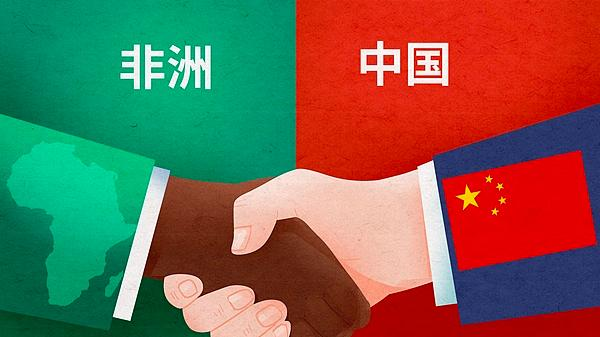As FOCAC turns 25, the Forum on China-Africa Cooperation stands out as a vibrant partnership delivering tangible benefits: stronger political trust, booming trade, transformative infrastructure, stepped-up education and health programs, and richer people-to-people exchanges.
Evolution of a Dynamic Partnership
Professor Wang Jinjie of Peking University charts FOCAC's growth "from project-led to institution-led, then to standardized and value chain-led cooperation," shifting from political solidarity to a deep, strategic partnership grounded in shared development goals.
"China's unilateral zero-tariff treatment for 53 African countries is an important initiative where action is actually being taken." – Professor Wang Jinjie
Charles Onunaiju, Director of the Center for China Studies in Nigeria, calls FOCAC "an incredible platform" that tackles Africa's internal trade barriers and connectivity challenges.
"From the first electrified railway between Ethiopia and Djibouti, to the Lagos-Ibadan railway, it is all game-changing. FOCAC has delivered tangibles. Previously, what we see is Western actors in refugee camps feeding children with bread. Today, what we see is African technicians comparing notes with their counterparts on construction sites. It is purely revolutionary." – Charles Onunaiju
FOCAC's Three Pillars
- Platform Approach: Co-created action plans with concrete targets.
- Norms: Grounded in non-interference and a joint pursuit of modernization.
- Vision: Emphasis on continental integration and regional public goods.
Onunaiju points out FOCAC's reliability compared to other deals: "China-Africa cooperation has been far more reliable, stable and predictable… AGOA has been more or less politically tainted."
After 25 years, FOCAC continues to power infrastructure, diversify trade, and elevate Africa's global role. As the world looks on, this partnership proves it can deliver real-world impact.
Reference(s):
cgtn.com




